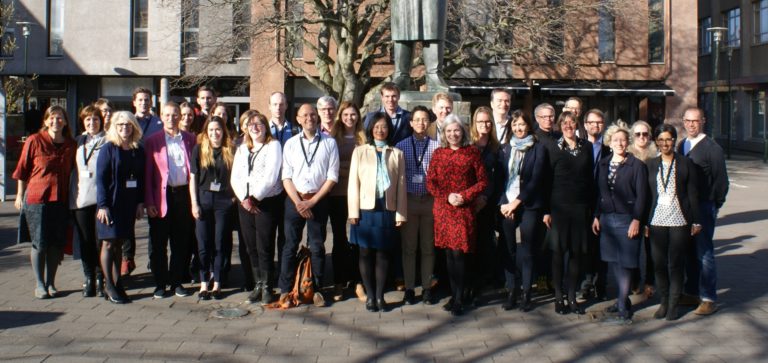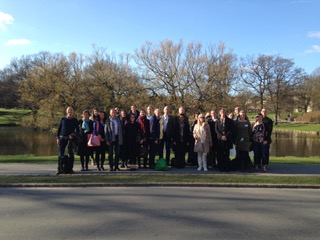The former EASD Diabetes and Cancer Task Force was established in February 2011, by the then President of EASD, Professor Ulf Smith, with a 3-year window of activity in the first instance. At the 2013 EASD Annual Conference (Barcelona), this group became an EASD Study Group – The Diabetes and Cancer Study Group (DCSG). Its core business is the Diabetes and Cancer Research Consortium (DCRC).
The central objectives of the Consortium are:
- to establish minimum desirable criteria for performance of descriptive studies in cancer epidemiology, survival, and pharmaco-epidemiology in relation to the field of diabetes;
- to create and implement a mechanism for pooling data and for conducting combined analyses in relation to cancer and diabetes; and
- to undertake specific analyses in this area.
Our founding members – Ulf Smith (former EASD President); Edwin Gale (former editor-in-chief of Diabetologia); and Andrew G Renehan (DCSG Chair) – are keen to retain visible affiliations with other related organisations such as European Cancer Organisation (ECCO) and the European Association for the Study of Obesity (EASO).


